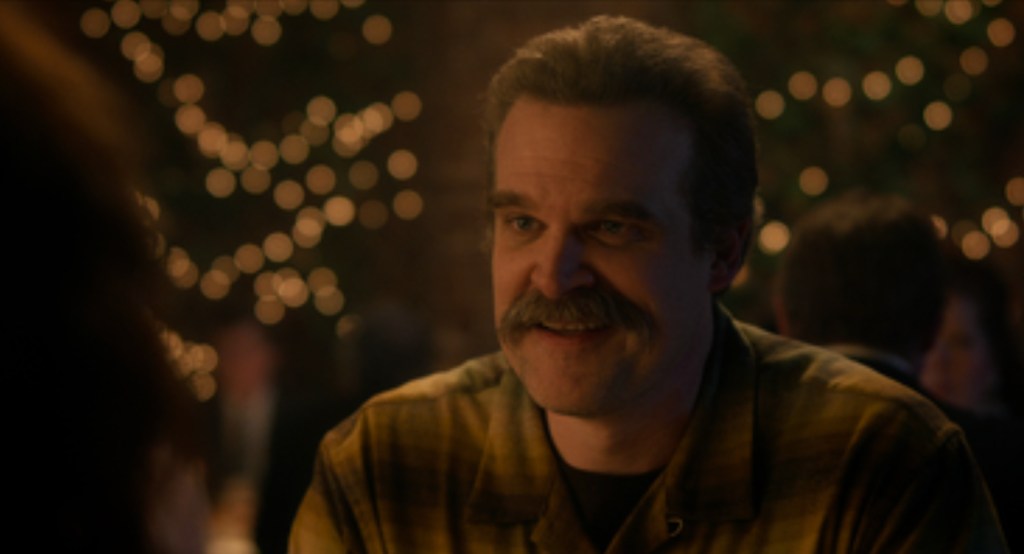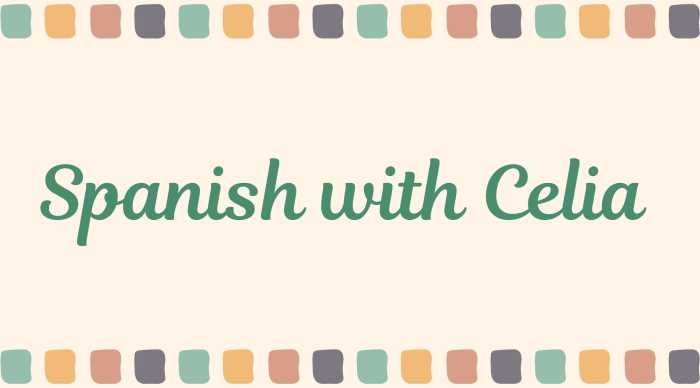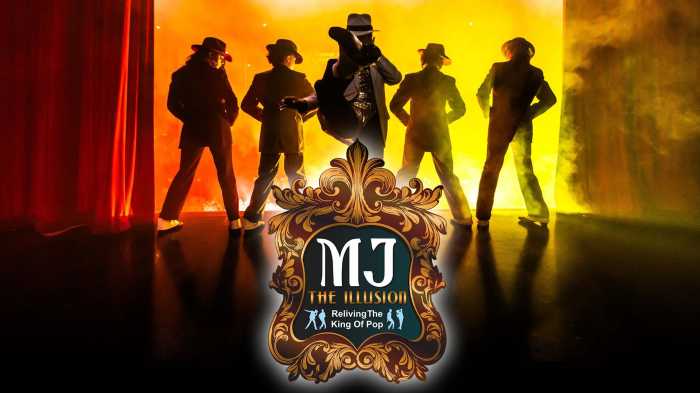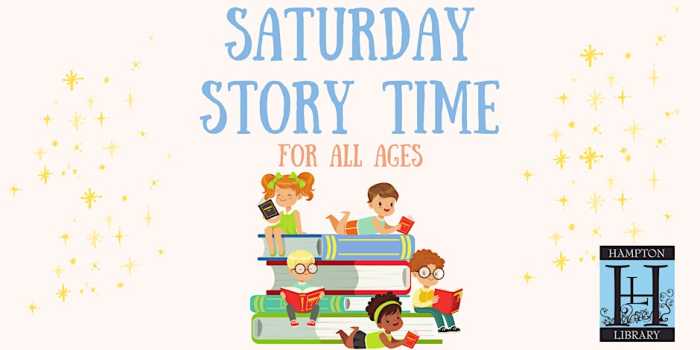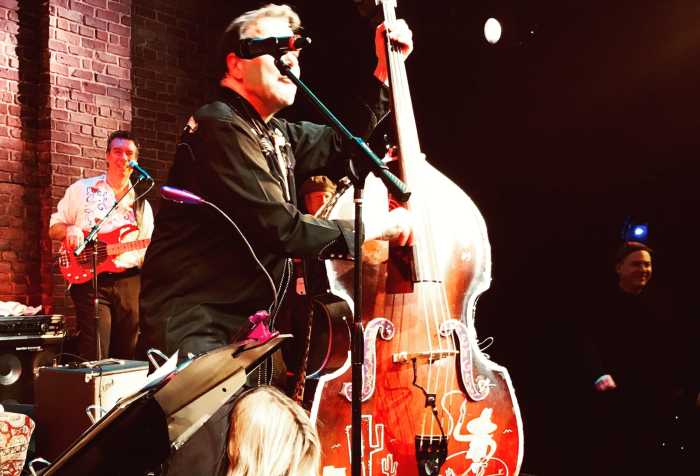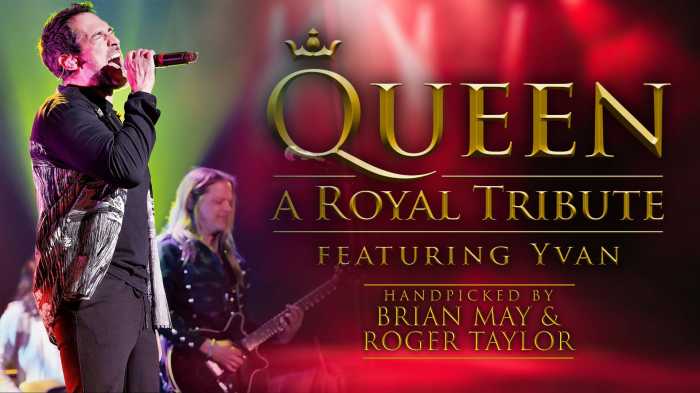Midsummer Nights of Shakespeare & Wine

The quintessential pairing used to be wine and cheese. Wine and roses. Wine, women and song. Food and wine. On the North Fork recently, wine and jazz, wine and rock, wine and chocolate. Now, wine and Shakespeare?
Northeast Stage, a group based in Greenport, which specializes in Shakespearean productions and classical actor training, is holding six free outdoor Shakespeare events on the North Fork this summer. The first three will be in the wine garden at the Comtesse Thérèse Bistro in Aquebogue, and the remaining three at Greenport’s long-standing annual Shakespeare-in-the-Park at Mitchell Park (Bring picnics, blankets, lawn chairs). The three Greenport performances, on Friday through Sunday, August 5, 6 and 7, will be Romeo and Juliet. About 400 people turn out for each performance. J.P. Groeninger is the co-creator of the Café Shakespeare program and he plays Lord Capulet in this season’s Romeo and Juliet. A.D. Newcomer is the stage director, actor, and a board member of Northeast Stage. [expand]
At the Bistro performances, which include Café Shakespeare (random scenes and soliloquys from a variety of plays) on July 17 and a full production of Romeo and Juliet on July 31, people can sip a free glass of local merlot while they watch the Shakespearean actors. I think wine and Shakespeare go together perfectly, and here’s why:
1. Good wine quotes
“In vino veritas.” In wine, (there is) truth. Meaning, when you’re drunk, you’d best refrain from going on Twitter and Facebook and sending out naked photos.
Actually, the quote is from Pliny the Elder; the Roman who died in 79 A.D. attempting to rescue a friend after Mount Vesuvius erupted and destroyed Pompeii. (The full phrase is, “In vino veritas, in aqua sanitas”, i.e., “In wine there is truth, in water there is health.”) The version attributed to William Shakespeare is “The wine-cup is the little silver well, Where truth, if truth there be, doth dwell.” Get a man (or woman) drunk if you want to know what they’re really like.
But, wise Shakespeare also wrote, “I am falser than vows made in wine.” (As You Like It).
Here’s another quote from Shakespeare: “Good wine needs no bush.” What does that mean?! Does it have something to do with peeing outside? Is it a slang reference to a certain part of the female anatomy? It appears to derive from one of the maxims of Publilius Syrus, a first century A.D. wit – “You need not hang up the ivy branch over the wine that will sell”—meaning, if the wine is good you needn’t go overboard with marketing,
2. Shakespeare and wine both engage the mind.
When people describe wine, they use sophisticated words and subtle concepts. Like, “this silky and intelligently done almost corpulent Pinot Noir sports finesse and finish with a modicum of understated mango and buttered scones.” Or “rounded but equally hedonistic Cabernet Franc attacks with raspberry, cigar box, fir, delectable melted chocolate, French-oaked smoked bacon and strong-willed earth.” Or “Sturdy and almost sassy full-textured Merlot throws off thyme, cassis, loganberry, unripe coffee and weak stewed prune. Drink now through 2012.”
Millions of words have been written about wines. Shakespeare also wrote millions of words.
“Shall I compare thee to a summer’s day? Thou art more lovely and more temperate.”
“A horse! a horse! my kingdom for a horse!”
«Good night, good night! Parting is such sweet sorrow, That I shall say good night till it be morrow.»
“Romeo, Romeo, wherefore art thou, Romeo? Deny thy father, and refuse thy name.»
“To be or not to be: that is the question.”
«Nothing can come of nothing.»
“What’s in a name?”
“Now is the winter of our discontent.”
“Beware the ides of March.”
“It’s Greek to me.’’
“Brave new world.”
“Something is rotten in the state of Denmark.”
3. Shakespeare liked wine better than beer.
Wine is a beverage that you sip when sitting around, eating some good food, and talking with your friends. You could do the same with beer, but it doesn’t conjure up the same image. When I think of beer drinking, I think of a bunch of college aged guys in T-shirts, whooping and throwing TVs out of dorm rooms.
When I think of wine, I picture white tablecloths, Riedel glasses, sophisticated dinner guests, and artful conversation. . . . Shakespeare fits in perfectly with that image. “Come, come, good wine is a good familiar creature if it be well used; exclaim no more against it.”
Shakespeare liked wine better than beer.
“I will make it felony to drink small beer….
God save your Majesty!
The first thing we do, let’s kill all the lawyers.
Nay, that I mean to do.”
A resident of Manhattan and the North Fork, lawyer/vineyard owner/winemaker/restaurateur Theresa (Tree) Dilworth is the owner of Comtesse Thérèse Winery & Bistro in Aquebogue, the only Long Island vineyard with a restaurant. [/expand]



